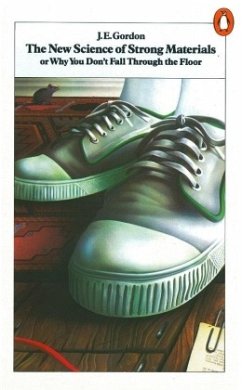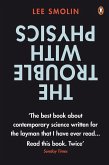All questions about the nature of materials are vital to engineers but also fascinating as scientific problems. Using both SI and imperial units, Gordon's account of material science is a demonstration of the sometimes curious and entertaining ways in which scientists isolate and solve problems.
Hinweis: Dieser Artikel kann nur an eine deutsche Lieferadresse ausgeliefert werden.
Hinweis: Dieser Artikel kann nur an eine deutsche Lieferadresse ausgeliefert werden.








